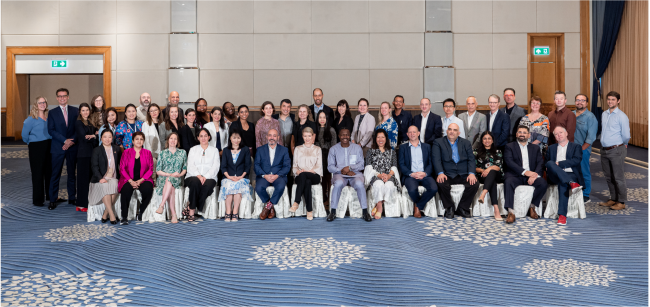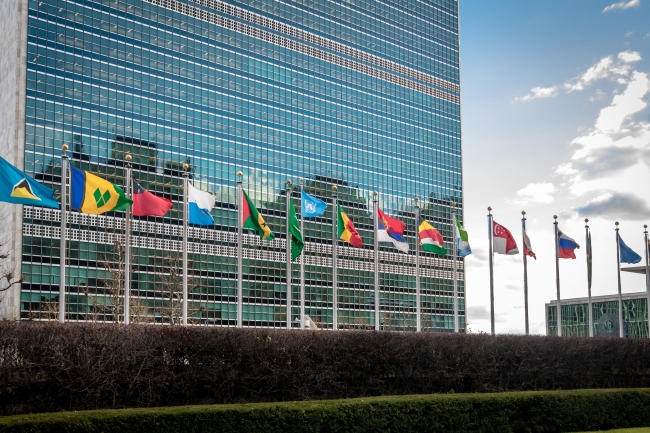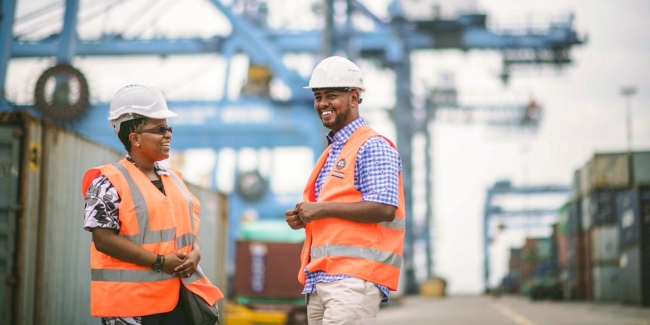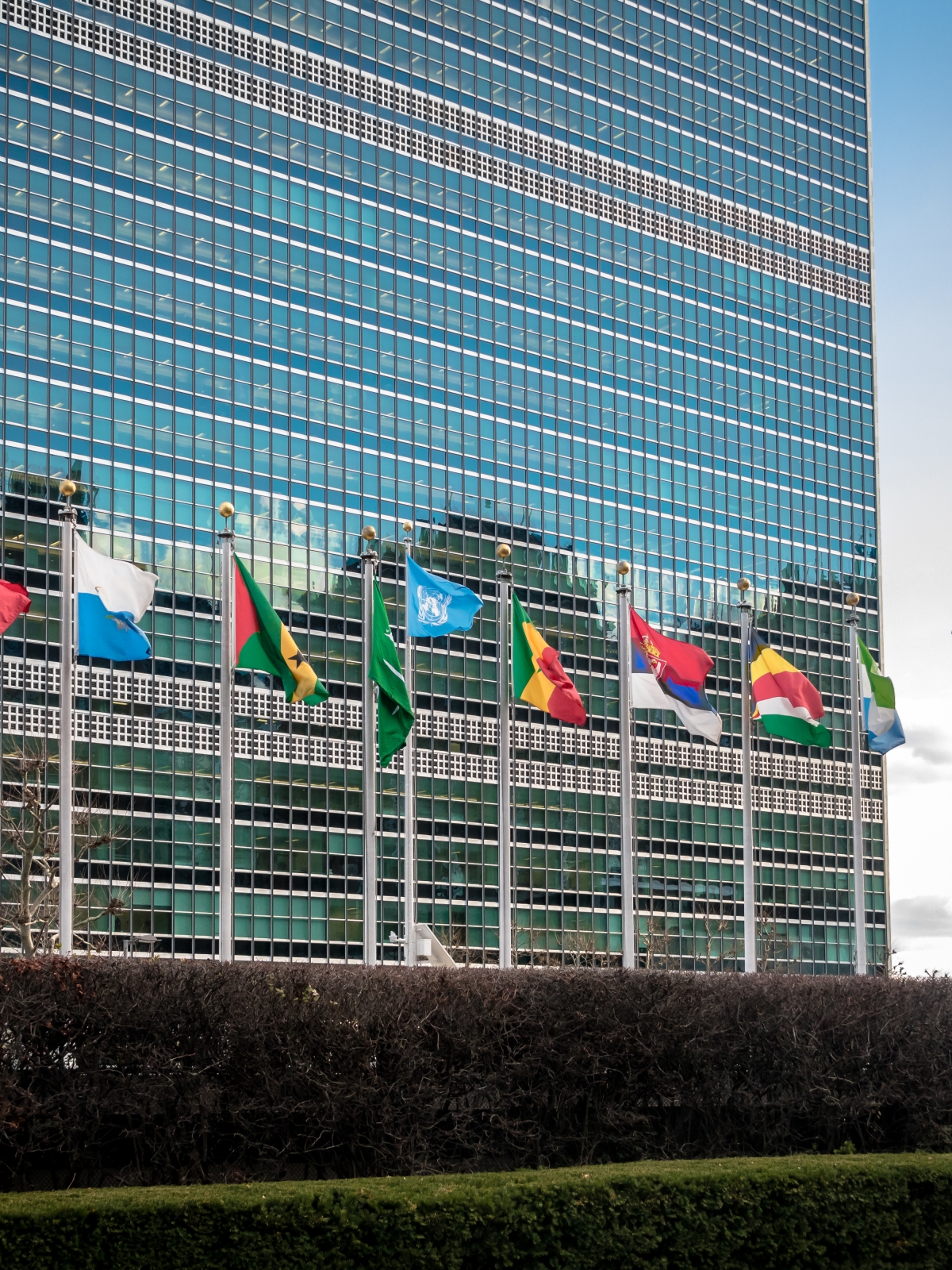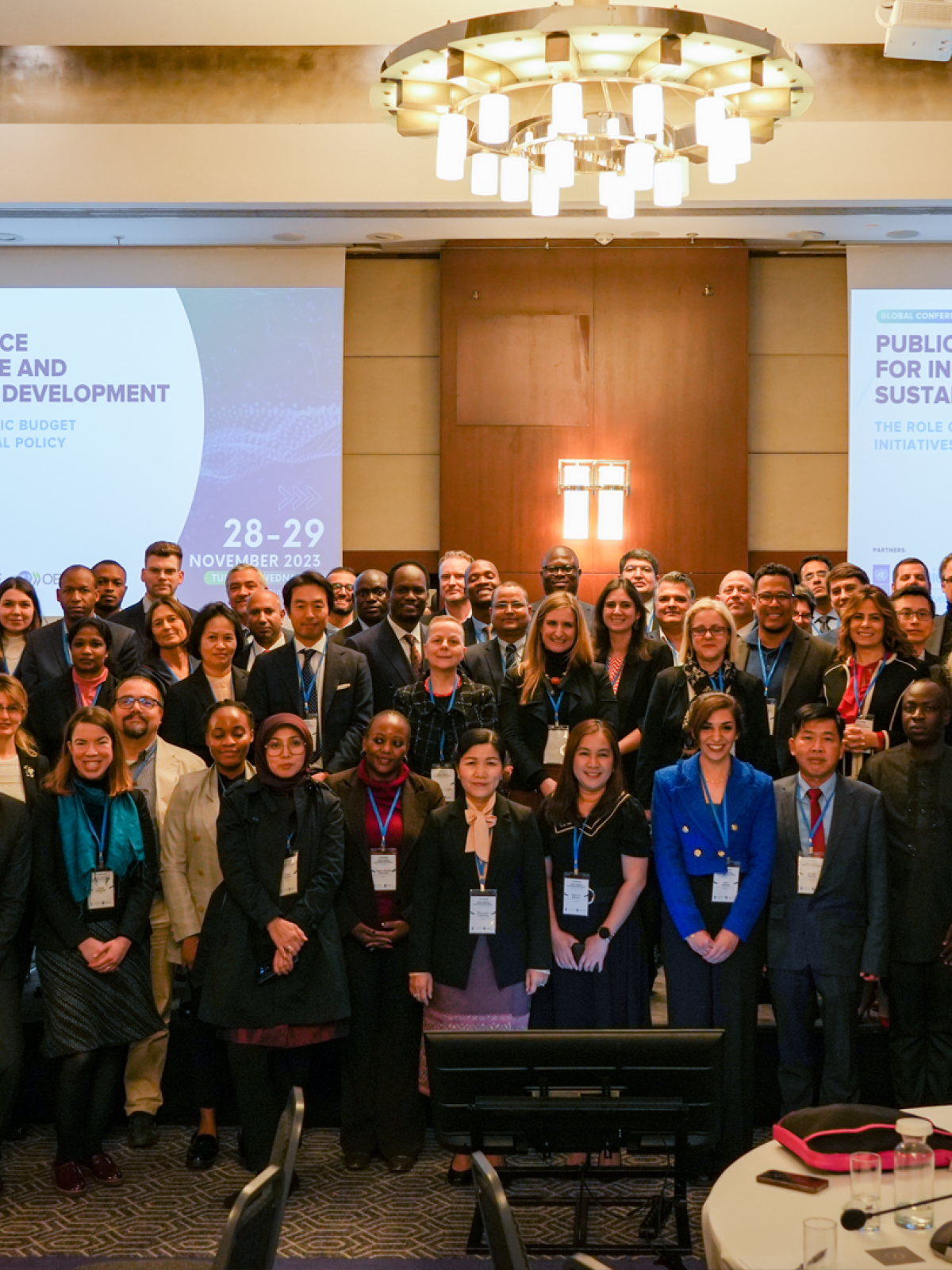4 February: ECOSOC Partnership Forum Side Event - Leveraging Social Finance to Combat Modern Slavery & Human Trafficking

Event Details
Register
Registration link: https://forms.gle/nV2hNcLAwwDXyeBR9
Background
Modern slavery impacts an estimated 50 million people worldwide and generates approximately USD 236 billion annually in illegal profits. Financial institutions, whether directly or indirectly, are connected to these issues through their operations or business relationships. Despite global frameworks to combat this exploitation, the financial sector lacks robust mechanisms to prevent facilitating such illicit activities. The financial sector plays a pivotal role in addressing these issues through innovative mechanisms that drive systemic change. Social finance, a key pillar of sustainable finance, has the potential to empower survivors, support vulnerable populations, and address root causes of exploitation through targeted sustainable finance strategies. Aligned with SDG 8 (Decent Work and Economic Growth) and SDG 17 (Partnerships for the Goals), this side event will explore the intersection of social finance and modern slavery & human trafficking prevention. It will emphasize partnerships’ critical role in driving financial innovation and building sustainable, inclusive economies.
Speakers
- Myriam Oehri, Deputy Ambassador for the Permanent Representation of the Principality of Liechtenstein to the United Nations
- Alessandra Awolowo, Senior Environmental & Social Risk Advisor, ESR Lead Americas, ING Bank
- Bob Dannhauser, Senior Adviser, Shift Project
- Eric Duflos, Senior Financial Sector Specialist, GGAP (World Bank Group)
- Indradi Soemardjan, TSCFP Safeguards Consultant, Trade & Supply Chain Finance Program, Private Sector Operations Department, Asian Development Bank, Asian Development Bank
- Stephanie Newsome, Director of Economic Empowerment, Restore NYC
- Moderator: Nash Peerbocus, FAST Initiative Sustainable Finance & Anti-Slavery Consultant
About the event
During the ECOSOC Partnership Forum, the Sustainable Finance Hub FAST Initiative and the Permanent Mission of Liechtenstein to the United Nations will convene a multistakeholder roundtable. This side-event highlights the importance of partnerships in mobilizing public and private finance to benefit both people and the planet.
This side event will explore how microfinance and social finance mechanisms can effectively contribute to ending modern slavery and human trafficking. It will focus on effective tailored financial services and products to reduce the complex vulnerability (e.g. poverty, marginalization, environmental degradation, urbanization etc.) that constitutes the ground for displaced populations, informal entrepreneurs, and MSMEs in fragile and crisis-affected contexts to become entangled in forced labour, exploitation, and trafficking in persons through a cross-sector approach. The event will also examine regulatory adaptations necessary to facilitate social business and strengthen innovative social finance approaches. Organized in partnership with key stakeholders, the session will provide a platform to discuss successful models, share best practices, and identify opportunities for scaling impactful solutions. By aligning with global standards like the UN Guiding Principles on Business and Human Rights and SDG 8 (Decent Work and Economic Growth) and international forums such as the ECOSOC Partnership forum, this event will demonstrate the critical role of regulatory adaptations and partnerships in enhancing the effectiveness of social finance mechanisms. Investing in financial inclusion for survivors and vulnerable populations not only addresses root causes of exploitation but also supports systemic change for sustainable development. Through collective action and innovative financial tools, the financial sector can lead the fight against modern slavery and human trafficking.
Key discussion points will include:
- Innovative Social Finance Mechanisms:
- Microfinance and finance mechanisms are tailored for vulnerable populations.
- Leveraging public-private partnerships to enhance survivor inclusion and MSME access to capital.
- Scaling Up Through Partnerships:
- Examples of collaboration between governments, financial institutions, and civil society.
- Engaging private sector donors and institutional investors to drive systemic change.
- Future Directions:
- Mapping investment and financing gaps and identifying actionable strategies to address root causes.
- Aligning with ESG frameworks to integrate anti-slavery objectives into financial practices

